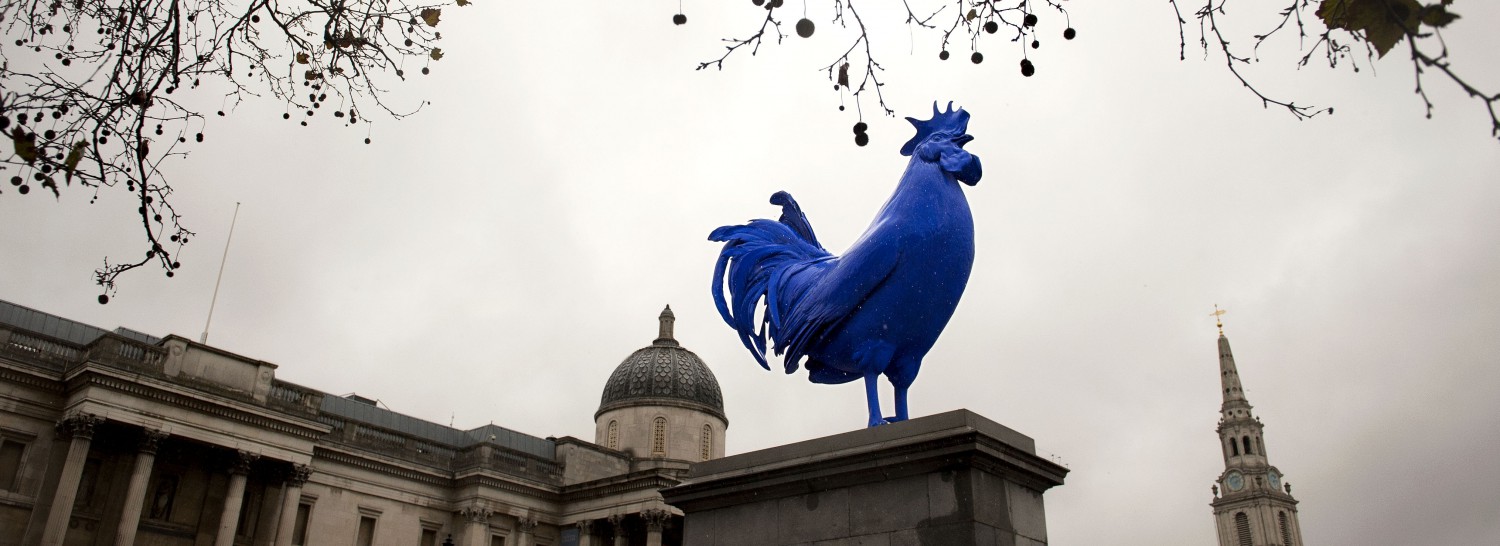“(When) Is Poetry Fiction?”
13 June 2018; 16:00-18:00
Senate House – Room 246
Abstract:
The ancient Greek word poiesis, from which our modern English ‘poetry’ derives, means ‘making it up’; anepo-poios was a maker of tales. This might suggest that in Antiquity authors thought of poetry as fiction. More recently, the notion of a ‘poetic persona’, which includes an admonishment never to take the voice of the speaker within a poem to be identical with its author’s, can be said to be one of the few things critics agree to be uncontestable truth—one ignored only by the naïve reader. Yet the number of poems where the presumed persona and the author seem to collapse into one is too large to make this claim credible as a sweeping generalization. This is especially the case with the lyric, which, being written in the first person, invites that identification as a matter of course and entitles us to ask whether a poem can be thought as truly expressing what an author thought, felt, or witnessed. This is not to say that, were we to conclude that there are cases where the author speaks in her voice, we would be forced also to conclude that she is saying only that which is true; after all, we all at times embellish the truth when speaking in our own voices in everyday conversations. Drawing on examples of war poetry, confessional poetry, and various kinds of occasional poetry, I challenge that model of interpretation that would make poems fictional, and metaphorically expressed propositions false, tout court.
